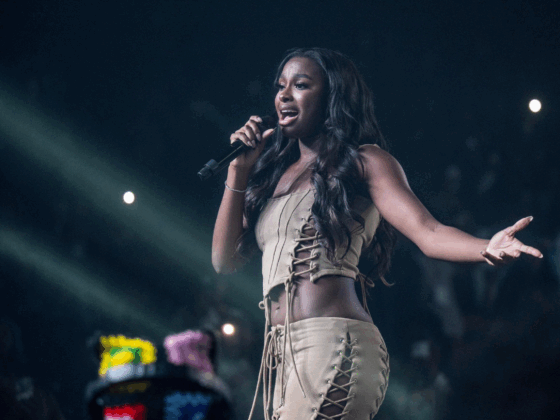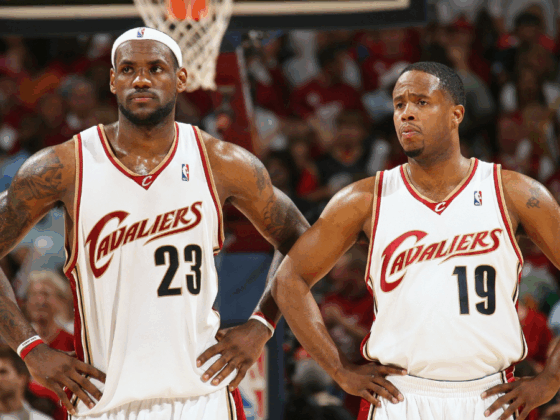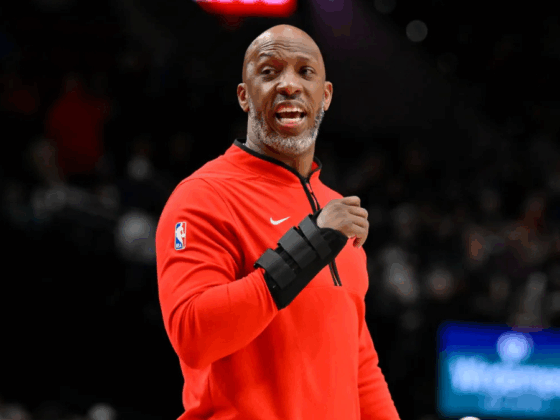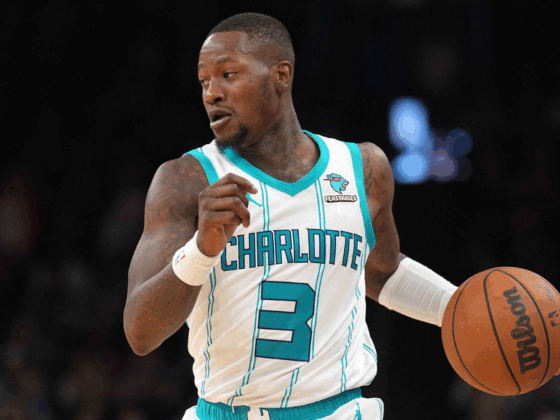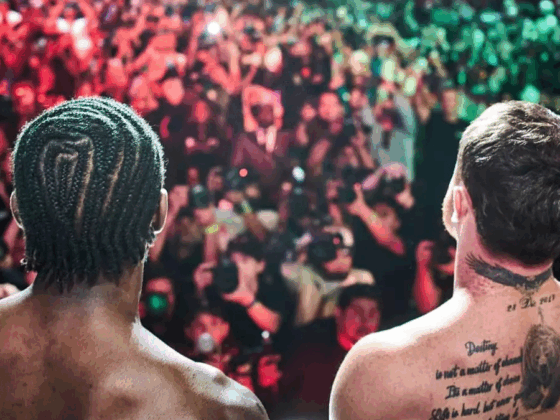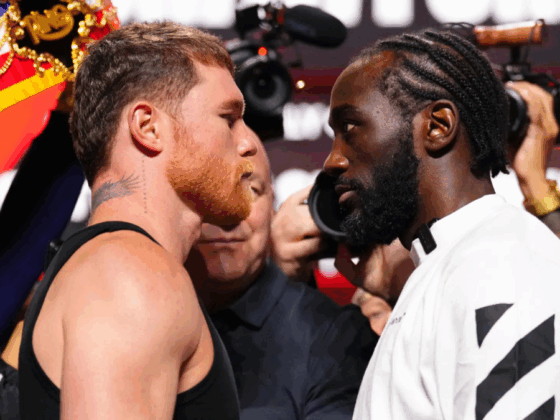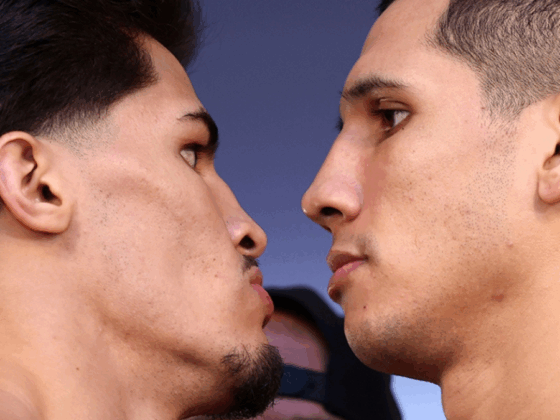
June 19, 2016.
There is really only one thing to take away from LeBron James’ return to the Cleveland Cavaliers. A championship. And not just any championship, THE championship. The first one in Cleveland in over half a century. The one James promised to the city after he was drafted to the Cavaliers franchise in 2003. The one that looked improbable when the Cavs hung on the ledge down 3-1 to the mighty Golden State Warriors. The one that is, perhaps, the most spectacular NBA Finals win in the history of the league.

Yeah, that one.
That was for “The Drive,” The Fumble,” Michael Jordan shooting over Craig Ehlo, Jose Mesa blowing Game 7 of the ‘97 World Series and “The Decision.” It was for Art Modell inexplicably moving the beloved Cleveland Browns to Baltimore in ‘94. It was for Earnest Byner crying on the “Believeland” ESPN film about how he let the city down. That title was for those people who were mocked and ridiculed for their failures.
But most importantly, it was for Cleveland.
LeBron James is taking his talents west to the Los Angeles Lakers, a franchise that has never had to get lucky for a star player, nor beg for more media attention. They have both, naturally, based on location. And while the Lakers evolve into NBA title contenders simply because of James’ presence, it does not feel the same as when he elevated the Cavaliers four years ago. Los Angeles is loaded with rich sports history, fame and fortune in the form of championship rings and trophies. Cleveland was known for having a river that caught fire, for baseball and football franchises whose title hopes were crushed in historically heartbreaking fashion, and for having LeBron walk out on them on national television. The two are not comparable, but for once it felt like the perennial underdog and stepping stone had a once-in-a-generation trump card.
It is really hard to say what LeBron James means to Cleveland because the sentiment is different for everyone. For many, it’s the championship that lifted the city higher than ever before. For others, he is a beacon of hope to an Akron community that in 2014 saw more than 25 percent of its population in poverty. For some, he is a leader who keeps kids in school and makes sure they continue on to get a college education, one of the few things that James does not have. He is opening a school in Akron this upcoming fall, an accomplishment that James says is the most important one in his storied career.
But to everyone, he is Cleveland.
If LeBron had not been born in Akron and not had this affection for the place he grew up in, he would not have come back to Cleveland in the first place. The Cavaliers, without LeBron for the past four years, would likely be the worst-run franchise in the NBA, surpassing the Sacramento Kings, who currently hold the dubious torch of “most bumbling organization.” We could have been talking about Andrew Wiggins’ lack of effort, or Anthony Bennet being arguably the biggest bust in the history of the NBA. Instead, we won a championship. LeBron came back and won a championship for the city of Cleveland.
The Cavaliers will be a very different-looking team next season. Kevin Love remains, but will likely be a trade chip at the February deadline. Collin Sexton, the eighth-overall selection in the 2018 NBA Draft, is the new guy to build around. Cedi Osman and Larry Nance Jr. provide a raw but talented and energetic young core. Their growth would likely be accelerated if they had someone like LeBron James teaching them the ways, but hypotheticals are tricky.
Yeah, LeBron James left. Again. But this a completely different situation than the one he left behind in 2010. The roster is better, the coach is better, the front office is in shockingly less disarray and a championship banner hangs in the rafters of Quicken Loans Arena.
So while you may be tempted to burn a jersey or send out a nasty tweet, just think back to the best moment in the history of Cleveland sports. The moment that enraptured a city, overwhelmed a King and killed a curse.
June 19, 2016.

